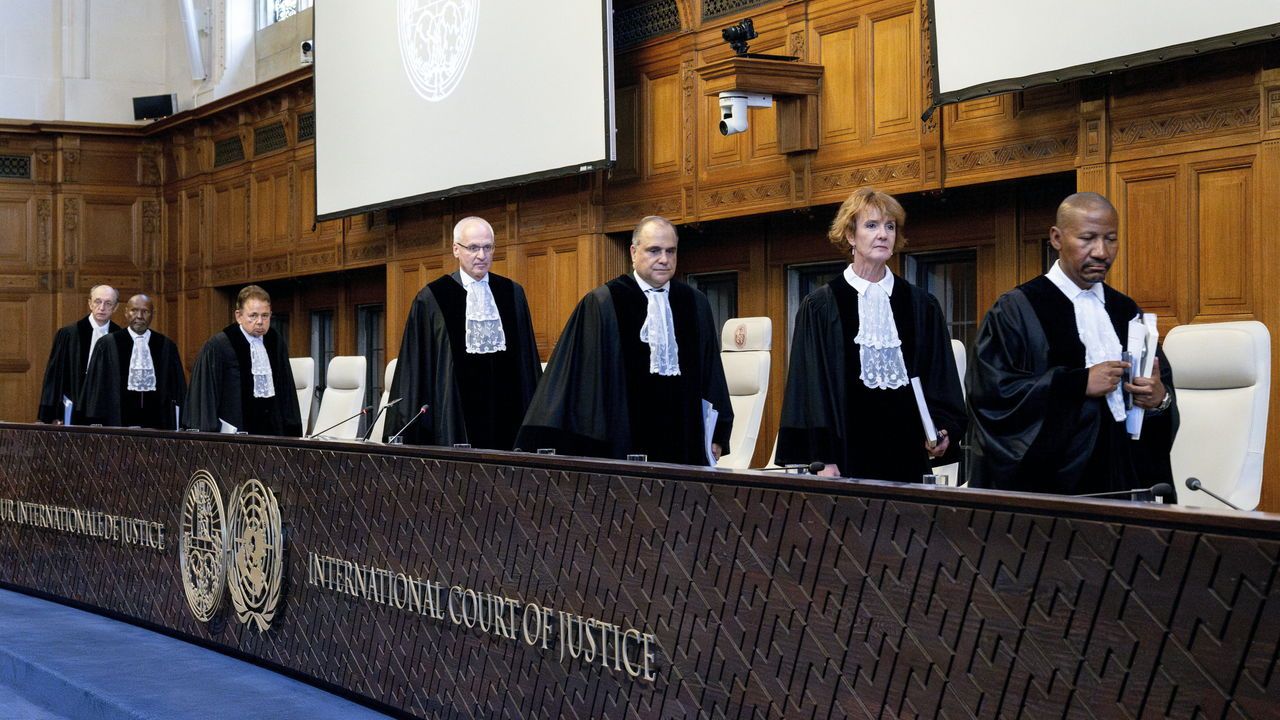The world court says Israel’s occupation is illegal
But will the International Court of Justice’s ruling have any effect?

FOR FIFTY-SEVEN years Israel has justified its control over the territories it captured in 1967 with a combination of historic, legal, diplomatic and security arguments: The eastern part of Jerusalem and the west bank of the Jordan river were inhabited by Jews from biblical times; Israel had not captured the territory from a sovereign country but from an illegal occupation by the Jordanian kingdom, which attacked Israel first in 1967; as a small country surrounded by enemies, it needed to hold the territory to protect itself and besides, the final status of the area would be decided through negotiations.
Explore more
More from Middle East & Africa

Hamas’s pick of Yahya Sinwar as leader makes a ceasefire less likely
The appointment of the architect of October 7th ties the group closer to Iran

The Middle East braces for wider war as Iran weighs its response
After Israeli strikes, America is rushing troops to the region and airlines are steering clear

Ethiopia is in the midst of a kidnapping epidemic
As the government hails a new IMF deal, lawlessness is spreading
Somaliland’s camel herders are milking it
Commercial dairies are scaling up an old trade
Will Hamas turn from war to politics?
The assassination of its political leader poses a string of dilemmas
Israeli strikes on Beirut and Tehran could intensify a regional war
At the very least, they will delay talks over a ceasefire in Gaza